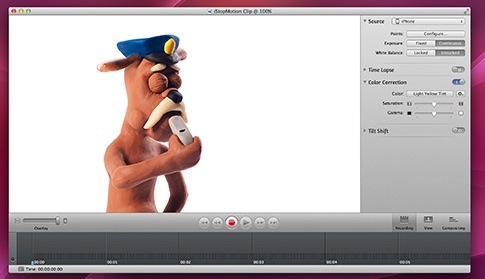Voice control became a standout, new category for smart home devices over the past 18 months, finds ABI Research (www.abirseearch.com).
But its future is even brighter due to its solid marketing efforts, as well as its ability to leverage digital assistant adoption on smartphones and deliver genuine consumer value. Voice control smart home devices, typified by the Amazon Echo, will represent almost 30% of smart home device spending by 2021, despite being a device category that barely existed two years ago.
“Voice control will not only draw in new consumers to smart home functionality, but it will help transform a wide variety of new and emerging smart home services and devices into more attractive investments,” says Jonathan Collins, research director at ABI Research. “The stage is set for voice control to become the heart of any smart home system.”
Amazon’s market leadership with its Alexa products and Google’s emerging Home platform strategy reflect not just the popularity of voice control devices within the home but also how voice will become a key smart home interface in the still emerging market for smart home managed systems. Alongside Amazon and Google, Apple, Samsung and Microsoft all have the impetus to bring similar devices and functionality to market.
While voice control will take a greater share of device revenue spending, it is an application that will push into and help drive all smart home markets and device categories. By 2021, more than 600 million smart home devices will ship annually, up from 40 million in 2015.
“The ability to integrate and extend voice control throughout the home environment will require many more smart home devices to work seamlessly with voice control offerings,” concludes Collins. “Over the next five years, a wide range of home device and appliance vendors, as well as the installer and managed smart home systems providers, will have to address how to partner to integrate with voice control platforms.”



